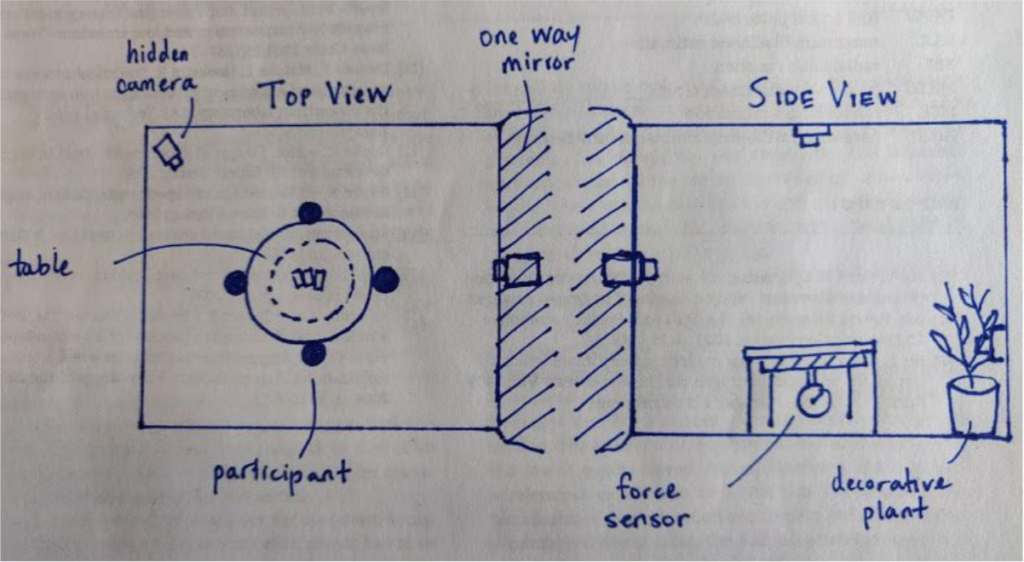In this paper, the card game Uno will be analyzed as a predictor and assessor of interpersonal relationships, specifically friendships, through the use of qualitative data obtained from surveys administered to 20 participants of our study before and after the experiment and quantitative data obtained from cranial functional magnetic resonance imaging (fMRI) that will show the objective emotions the participants are feeling about the game, their opponents and their relationship as a whole. The collection and analysis of the qualitative and quantitative data will allow us to better understand how Uno affects players emotionally and how friendships change after a game of Uno. In this experiment, we will be using Uno to assess emotional state in two ways, as an assessor and as a predictor. The assessor portion of the study will allow us to see what the participants of our study are feeling (may be subjective) and the predictor portion of the study will allow us to use the assessor data to make general inferences about how Uno affects friendships and emotional state.
I. Uno as an Assessor
While the game is taking place, the emotional state will be assessed by tracking nonverbal communication and card use. Participants will assemble in a playing room where there will be a round table in the middle with a deck of cards. There will be 20 participants, all members of generation Z, friends, and well-versed in the game of Uno, involved in this study. 5 separate games with 4 participants each will be conducted simultaneously. Once instructed to begin the game, the hidden high-speed cameras will turn on and the force sensitive table will activate. There will be 3 hidden cameras situated throughout the room (one directly above, another behind the one-way mirror and another behind the decorative plants). Cameras will be recording facial expressions and tracking card use (refer to appendix A). The sensor underneath the table will detect any forces imparted onto the table, whether it be vigorous slapping, pounding or repeated strikes of the head. Once the game is completed, participants will be notified that for the next game teamwork is permitted. All other parameters will be held constant.

II. Uno as a Predictor
A polygraph test, more commonly known as a lie detector test, is a machine designed to detect and record changes in physiological characteristics, such as a person’s pulse and breathing rates1. The polygraph test will be conducted on the participants when they are answering the survey questions regarding the experience of playing Uno, how they feel before and after the game, and how they feel about their opponents before and after playing the Uno game. The twenty participants from the first part of the study will be asked a series of survey questions before and after they play Uno. While we ask them the questions, we will conduct a polygraph exam to have a basis for how reliable their answers are. The survey questions will serve as a collection of qualitative data and the polygraph test will give indications to whether the participant is lying and how they actually feel in the moment. Please refer to Appendix B for more information regarding the survey.
III. Functional Magnetic Resonance Imaging
Functional Magnetic Resonance Imaging is a noninvasive imaging scan used to map the brain activation patterns onto three dimensional images of the brain2. This is a fairly new imaging technique that utilizes the blood flow in the brain to provide images of neuronal activity. The fMRI scan serves to be a safe method for us to better understand the brains of the participants in our study. The scan will map out the fluctuations in neuronal activity which are sensitive to vision, hearing, touch, language and emotion. The changes in neuronal stimulation will be accurately mapped to the areas of stimulation and activity in the brain as colored patterns. For this experiment, the fMRI will be used to see which parts of the brain are stimulated when a player is shown a picture of their opponent before and after playing Uno to see how relationships change after playing Uno and to see to what extent Uno can affect a relationship. For instance, the level of hatred or distaste for a person can determine if two friends can ever go back to their old relationship or if they will be mortal enemies until the day they die.

